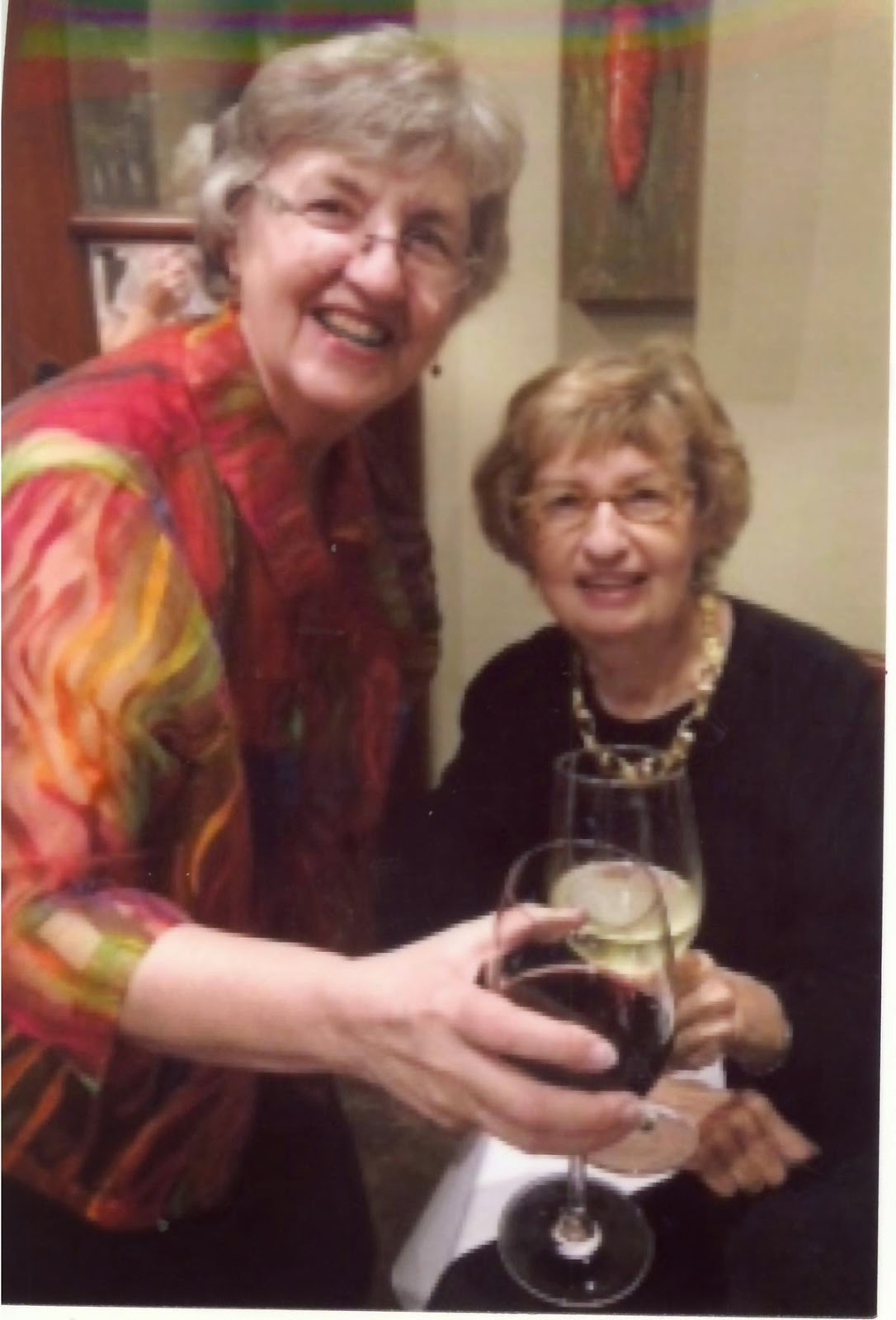I don't count how many years ago Sis and I signed up for hiking around Santa Fe and Abiquiu, New Mexico. We walked three miles daily at the local park and I was about to increase time to three more. Sis made a suggestion one March morning while the sun was warming us ,"Let's go with Elderhostel's hiking group to Santa Fe." Hey, I walk daily, I can hit the trails with ease, so I thought. With doctor's approval of my good health we signed up.
I had "the big head," an expression we used to use meaning being overconfident. I anticipated the week-long trip to be adventurous, full of new contacts, exploring the beauty of that part of New Mexico. But I wasn't prepare for lay ahead.
Being inexperienced kept me back from enjoying the treks, the beauty of reaching new heights, the feeling of accomplishment to make the climb. I made a few trails, some so narrow I refused to look down, some squeezing between rock formations older than I, some climbing over tricky rocks with no room to wiggle. I began one trek when I realized how arduous the three-hour hike would be. I sat down at the lower end of the trail and waited. The group was composed of very experienced hikers who wondered what a cluck I was to make the trip. Sis did well. I whined the entire time due to my embarrassment over being inexperienced. I had a few hikers helping me with their pats of reassurance that I'd find something good about the trip.
We spent two days in Santa Fe and three in the distant outpost of Abiquiu. Our lodging was at Ghost Ranch properties in both places. While in Santa Fe we had evening activities to enjoy.The latter three days about the only activity we had was hiking.
When Saturday arrived, we packed up our cars, hugged everyone and headed home. Before we headed for Mississippi, Sis and I toured four states along the border checking out the Indian sites. Despite being April, we had quite a lot of days of chilly weather. We arrived home to begin our three mile walking on flat ground at the local park, memories of hiking pushed away in our brains. No more 6,000 ft elevations.
 |
| Early Stage of Hike |
 |
| Entering the Narrows |
 |
| Climbing Old Indian Ladder |
,


.JPG)






